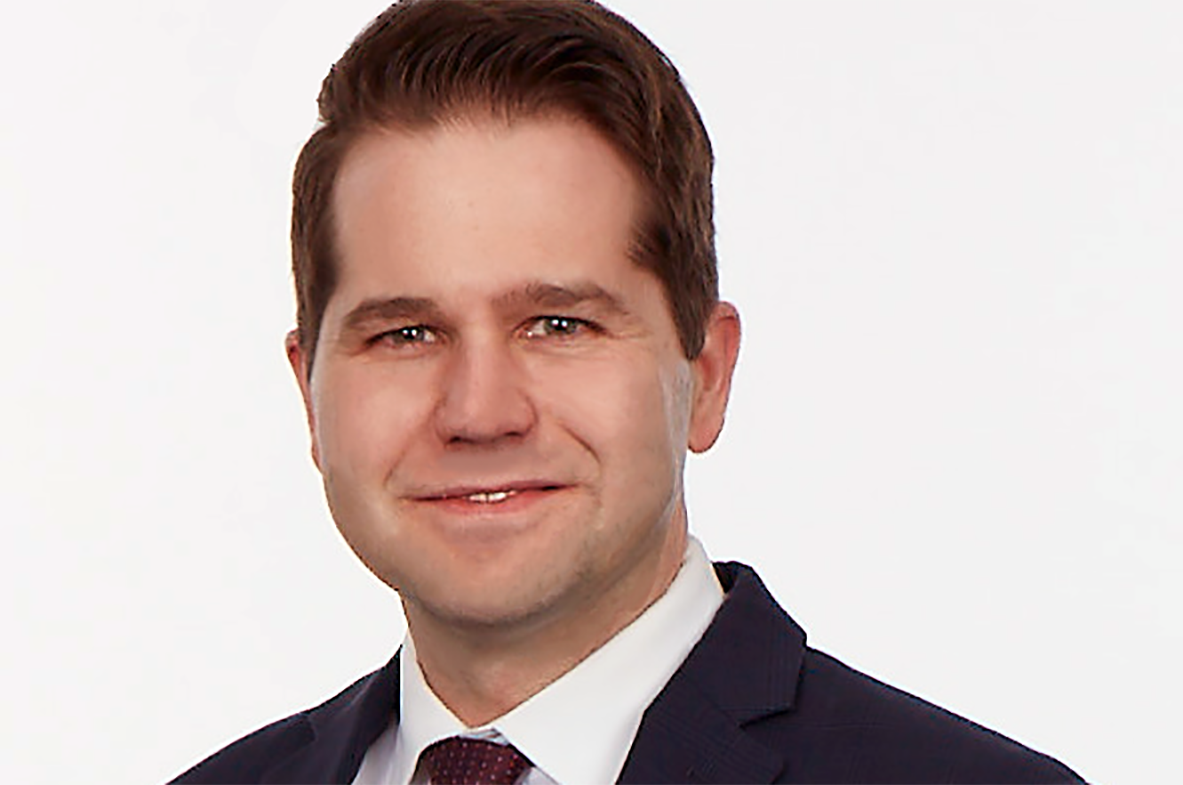Editor’s note: The opinions expressed in this commentary are the author’s alone. Brad Wilders is a partner at Stueve Siegel Hanson LLP in Kansas City.
A Wisconsin inventor designed a device to remove surgical fluid from operating tables. He won the prize many entrepreneurs seek: His device was patented and sold to a sophisticated company to take his invention to market.
But that prize soon lost its shine. The inventor was to be paid royalties as certain sales thresholds were met, but the company figured out ways to shirk that agreement. The inventor also realized that the company had defrauded him into giving up ownership in the patents.
It seemed like a lost cause.
In the hustle to transform an idea into a viable business, entrepreneurs might overlook a very real threat: Theft of their intellectual property. With the rise of the Internet, more-and-more of the U.S. economy each year is built on the intangible promise between society and inventor that intellectual property will be given the same respect as historical rights like land ownership. Inventors sacrifice to bring these new innovations to market. Often spending years creating and perfecting their inventions. The vision that’s become so much a part of them they’re risking everything to pursue it.
But yes, others are willing to take it. The troubling thing is, it’s not hard for them to get away with it. Often when it comes down to a legal fight, even though the law provides protections, a larger company with more lawyers, marketing power and resources simply has to outlast an entrepreneur’s financial reserves.
There’s still hope, however: that dim situation can turn into a David-and-Goliath style victory if entrepreneurs choose the weapon of contingency fee litigation.
The common (wrong) assumption
Small entrepreneurs have everything at risk, with their ideas the only things of value. As they try to pitch those ideas to investors or companies, sometimes those parties use the idea without the entrepreneur, despite confidentiality agreements. Or they may reach an agreement only to find loopholes.
This isn’t just about patents and contracts. These issues can involve trade secrets, copyrights, licensing rights and other intellectual property, as well. Photographers and artists can find themselves as victims as easily as patent holders when companies appropriate their art for commercial gain.
Even if the law is completely on an entrepreneur’s side, many mistakenly believe that if they just get a lawyer involved, the situation will resolve quickly.
That can be a fatal assumption.
Wrong though it might seem, large companies rarely settle a lawsuit for more than a pittance unless they realize they’re up against legal firepower — a team ready and willing to take them to court and win. But big cases can take three to five years to resolve, and a typical law firm charges hundreds of dollars an hour, and sophisticated companies exploit this fact to run up the bill against less-financed entrepreneurs. For a case that might take years to resolve, that price tag might simply be impossible. In fact, it is not uncommon for small inventors to realize halfway through a case – after spending hundreds of thousands of dollars on their lawyers – that they don’t have the resources to keep fighting.
Why contingency fee litigation works
That’s where contingency fee litigation levels the playing field. Talk to your law firm or seek out a firm that is willing to take on a case on a contingency basis and help cover expenses, rather than charging billable hours.
Up front, a lawyer meets with a potential client to review the situation, then researches the specifics and determines the merits of the case plus the likely financial outcome. Thus, an entrepreneur benefits from legal advice before ever hiring a lawyer.
Then, instead of legal bills draining an entrepreneur’s pocketbook before any progress is made, contingency fee litigation puts lawyers and entrepreneurs on the same team. The lawyers know to take a case only when they can see a path to victory. The client knows that the lawyer’s interest is tied up in a successful resolution. And the defendants know it too.
Back to the Wisconsin medical device inventor: He engaged experienced litigators on a contingency fee basis. The case ended up in state court, putting the defendant company in a position where it had to either follow through with the agreements or return all of the intellectual property rights, which would have put that company out of business. Backed into a corner, the company settled, and the Wisconsin inventor was very happy with the outcome.
Brad Wilders is a partner at Stueve Siegel Hanson LLP, a Kansas City law firm that specializes in business contingency litigation.






































